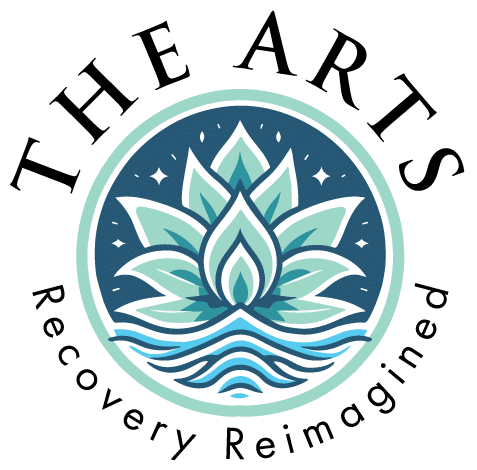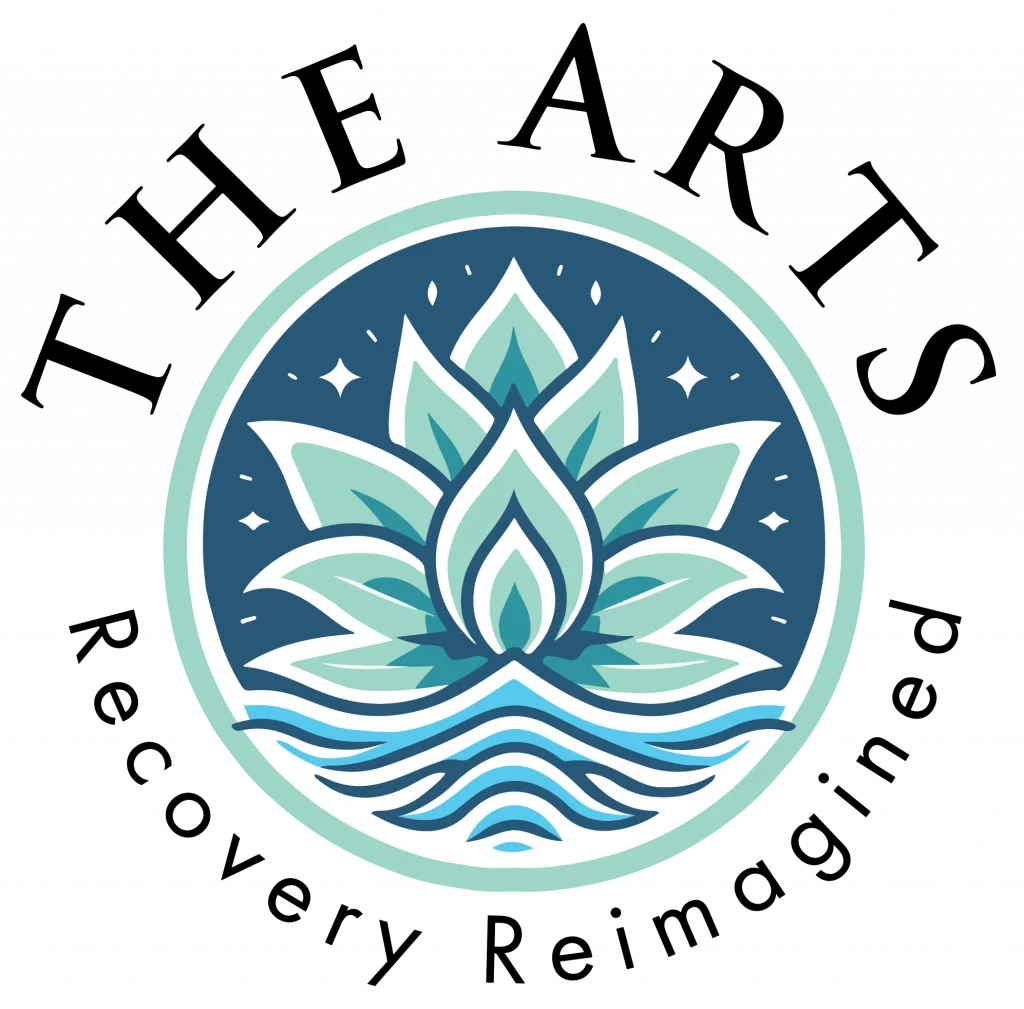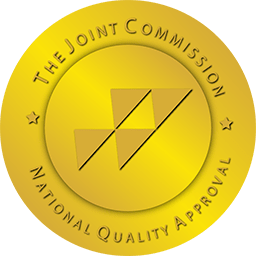Dual diagnoses are prevalent in the realm of drug rehab. Understanding these disorders and how they interact with substance abuse is critical to providing comprehensive treatment.
Keep reading to discuss dual diagnosis treatment in drug rehab and why it is essential for a successful recovery!
What Are Co-Occurring Disorders?
As the name suggests, co-occurring disorders are when two or more conditions occur in the same person simultaneously.
For example, someone may struggle with both alcohol addiction and depression or cocaine addiction and anxiety.
These disorders can affect anyone, regardless of socioeconomic status, age, or gender.
Common Examples
There are numerous combinations of dual diagnoses, but some pairings occur more frequently than others. Here are some examples:
- Depression and Alcoholism: One of the most common mental health disorders to be diagnosed alongside alcoholism. Individuals suffering from depression may use alcohol to numb feelings, leading to a destructive cycle.
- Anxiety and Benzodiazepine Abuse: Benzodiazepines are often prescribed to manage anxiety disorders. However, they can be highly addictive, leading to substance abuse.
- PTSD and Opioid Abuse: Trauma can lead to PTSD and substance abuse. Individuals may use opioids to escape distressing memories or emotions related to trauma.
- Bipolar Disorder and Cocaine Abuse: People with bipolar disorder may use cocaine during manic phases for its stimulant effects.
What Symptoms Do People with Co-Occurring Diagnosis Experience?
Symptoms vary based on type and severity. Individuals may encounter physical, emotional, and behavioral challenges. Look out for common signs such as:
- Changes in sleeping or eating habits
- Uncontrollable cravings for drugs or alcohol
- Increased feelings of anxiety, depression, or irritability
- Unusual changes in mood or behavior
- Poor concentration and focus
- Financial problems due to excessive spending
- Relationship difficulties caused by substance abuse
Which Develops First, the Addiction or Mental Health Disorder?
The connection between these disorders is intricate. It’s hard to determine which condition arises first.
Sometimes, mental health issues can drive substance abuse as self-medication. Substance abuse can cause mental health disorders and vice versa.
Why Mental Health Disorders Often Appear Alongside Substance Abuse
Mental health disorders are prevalent among individuals with substance abuse issues for several reasons:
Self-Medication Theory
Many people with untreated mental health disorders use substances to cope with their symptoms.
For example, someone with social anxiety might drink to feel more comfortable in social situations.
Brain Chemistry
Both disorders involve disruptions in the same brain circuits.
For example, dopamine, a neurotransmitter associated with pleasure, is implicated in addiction and mental health disorders like depression and schizophrenia.
Environmental Factors
Stressful environments can contribute to both mental health disorders and substance use disorders.
For example, someone who experiences trauma may develop PTSD and turn to substance abuse to cope.
Genetics
Genetic factors can make clients more susceptible to mental health and substance use disorders. If you have a genetic predisposition to one, they may be more likely to develop the other.
How Common Are Co-Occurring Mental Health Disorders?
When it comes to drug addiction, mental health disorders are pervasive.
Research suggests up to 80 percent of people with substance use disorders also have at least one mental health disorder.
This means that for many clients in rehab programs, comprehensive and specialized treatment is needed to address both issues.
What is Dual-Diagnosis Treatment?
Dual-diagnosis treatment is a type of treatment that addresses substance use disorders and mental health disorders simultaneously.
It aims to reduce symptoms, prevent relapse, and improve the client’s overall quality of life.
Treatment typically involves medication for mood and behavioral issues and counseling or therapy for addiction recovery.
Peer-led groups like Alcoholics Anonymous and Narcotics Anonymous can help clients develop the skills they need to maintain long-term recovery.
Why is Dual-Diagnosis Treatment Necessary?
Dual-diagnosis treatment is necessary because treating only one disorder can lead to relapse or worsen the other.
For example, someone in recovery from addiction might stop taking their medication for depression, which could trigger a depressive episode and cause them to return to substance use.
By addressing both disorders simultaneously, dual-diagnosis treatment can improve the client’s chances of successful, long-term recovery.
What is the Relapse Rate for Dual Diagnosis?
While it varies depending on the severity of the disorders and other factors, research suggests that clients with dual diagnoses are more likely to experience relapse than those without a mental health condition.
ARTS IOP Offers Dual Diagnosis Treatment In Drug Rehab for Californians
ARTS (IOP) offers outpatient dual-diagnosis treatment plans tailored to the individual needs of our clients.
We utilize evidence-based practices and holistic approaches to offer comprehensive care for mental and behavioral health issues like depression and addiction.
Our team develops strategies that foster personal growth and success, providing support and guidance.
We provide group sessions, family therapy, and sober living services to ensure our clients receive the care they need for lasting recovery. Get in touch with us today and uncover the myriad ways we can assist you in leading a healthier, happier life!
